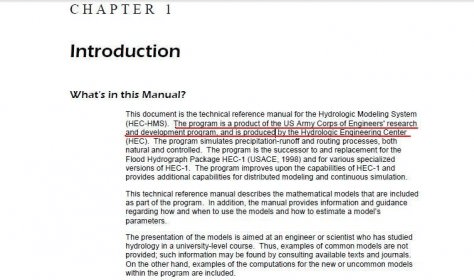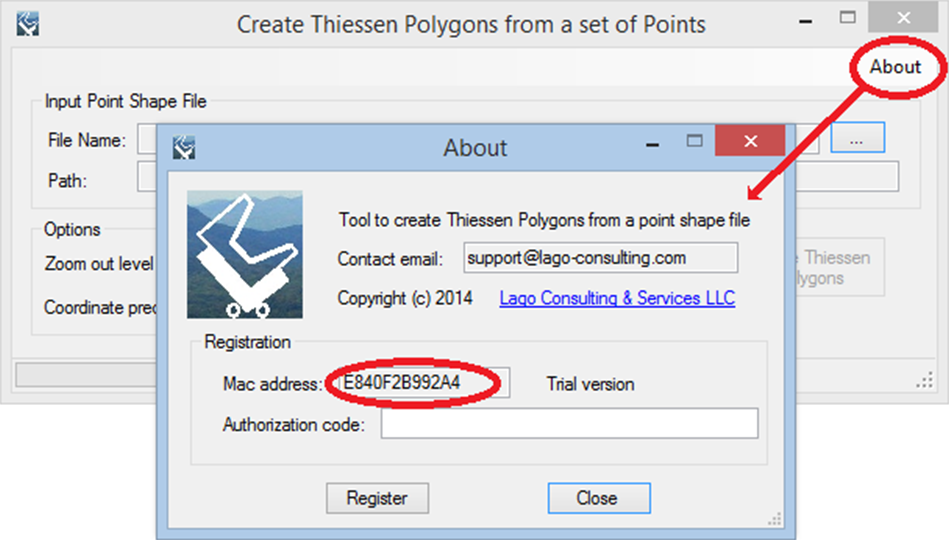Agenda
Webinar instructions will be emailed before the date of the webinar.
Log into Webinar
8:00 – 8:30 am CST
HEC-1 is software that was developed by the US Army Corps of Engineers to estimate river flows as a result of rainfall. It was written in the FORTRAN language and until 1984 could only be run on a mainframe computer. When desktop computers became popular the program was ported to the PC. The SAC-SMA and GR4J models generally perform better for peak flows, followed by HEC-HMS. Streamflow forecast experiment using deterministic weather prediction shows that SAC-SMA, GR4J, and HEC-HMS models perform well for up to 1–3 days ahead forecasts and are recommended for operational use.
Morning Session
8:30 – 11:30 am CST
Break
11:30 am – 12:30 pm CST
Afternoon Session
12:30 – 4:00 pm CST
Presented by Chris Naidu, PE
Introduction, History, and Development of US Army Corps HEC-HMS Software

Brief history
Applications of HEC-HMS
Computational categories
Basic Hydrologic Concepts
The hydrologic cycle and HEC-HMS
User interface
Input, output
Loss Rates
Loss computation assumptions and methods
Accounting for urbanization
Selecting a loss method and estimating parameters
Unit Hydrographs and Rainfall/RunoffTransformation
Assumptions of the unit hydrograph
Derivation and application of the unit hydrograph
Selecting a unit hydrograph method and estimating parameters
Precipitation
Storm distributions
Hypothetical vs. historical storms
Sources of precipitation data
Hydrograph Routing
Purpose, importance, and effects of hydrograph routing
Routing methods
Diversions and returns
Reservoirs
Purpose, importance, and effects of reservoir routing
Types of reservoirs and detention
Reservoir routing input and output
Using Diversions
Applications for flow diversions
Using HEC-HMS in Design
Design example walkthrough
Webinar Instructions

Each webinar session earns continuing education credit and can be registered for individually. All attendees must log-on through their own email – attendees may not watch together if they wish to earn continuing education credit. HalfMoon Education Inc. must be able to prove attendance if either the attendee or HalfMoon Education Inc. is audited.
Certificates of completion will be provided for each webinar attended and will be sent via email in PDF form about five business days after the conclusion of the series.

Webinars are presented via GoToWebinar, an easy-to-use application that can be run on most systems and tablets. Instructions and login information will be provided in an email sent close to the date of the webinar. It is highly recommended that you download, install and test the application before the webinar begins by clicking on the link in the email.
Hec Hms For Mac Installer
GoToWebinar App requirements:
Windows 7 – 10 or Mac OSX Mavericks (10.9) – macOS Catalina (10.15)

El capitan installer usb. Web Browser:
The two most recent version of the following browsers:
Google Chrome, Mozilla Firefox, Apple Safari, Microsoft Edge
Internet Explorer v11 (or later) with Flash enabled
Internet connection: Minimum of 1Mbps Hardware: 2GB RAM or more
For more information, visit the Support section at www.gotowebinar.com
Hec Hms For Mac Download
The Hydrologic Modeling System (HEC-HMS) is designed to simulate the precipitation-runoff processes of dendritic drainage basins. It is designed to be applicable in a wide range of geographic areas for solving the widest possible range of problems. This includes large river basin water supply and flood hydrology, and small urban or natural watershed runoff. Hydrographs produced by the program are used directly or in conjunction with other software for studies of water availability, urban drainage, flow forecasting, future urbanization impact, reservoirspillway design, flood damage reduction, floodplain regulation, and systems operation.
The program is a generalized modeling system capable of representing many different watersheds. A model of the watershed is constructed by separating the water cycle into manageable pieces and constructing boundaries around the watershed of interest. Any mass or energy flux in the cycle can then be represented with a mathematical model. In most cases, several model choices are available for representing each flux. Each mathematical model included in the program is suitable in different environments and under different conditions. Making the correct choice requires knowledge of the watershed, the goals of the hydrologic study, and engineering judgement.
HEC-HMS is a product of the Hydrologic Engineering Center within the U.S. Army Corps of Engineers. The program was developed beginning in 1992 as a replacement for HEC-1 which has long been considered a standard for hydrologic simulation. The new HEC-HMS provides almost all of the same simulation capabilities, but has modernized them with advances in numerical analysis that take advantage of the significantly faster desktop computers available today. It also includes a number of features that were not included in HEC-1, such as continuous simulation and grid cell surface hydrology. It also provides a graphical user interface to make it easier to use the software. The program is now widely used and accepted for many official purposes, such as floodway determinations[1] for the Federal Emergency Management Agency in the United States.
See also[edit]

References[edit]
- ^FEMA Approved Hydrology ModelsArchived 2008-09-16 at the Wayback Machine
External links[edit]
- HEC-HMS Homepage at the Hydrologic Engineering Center
Comments are closed.